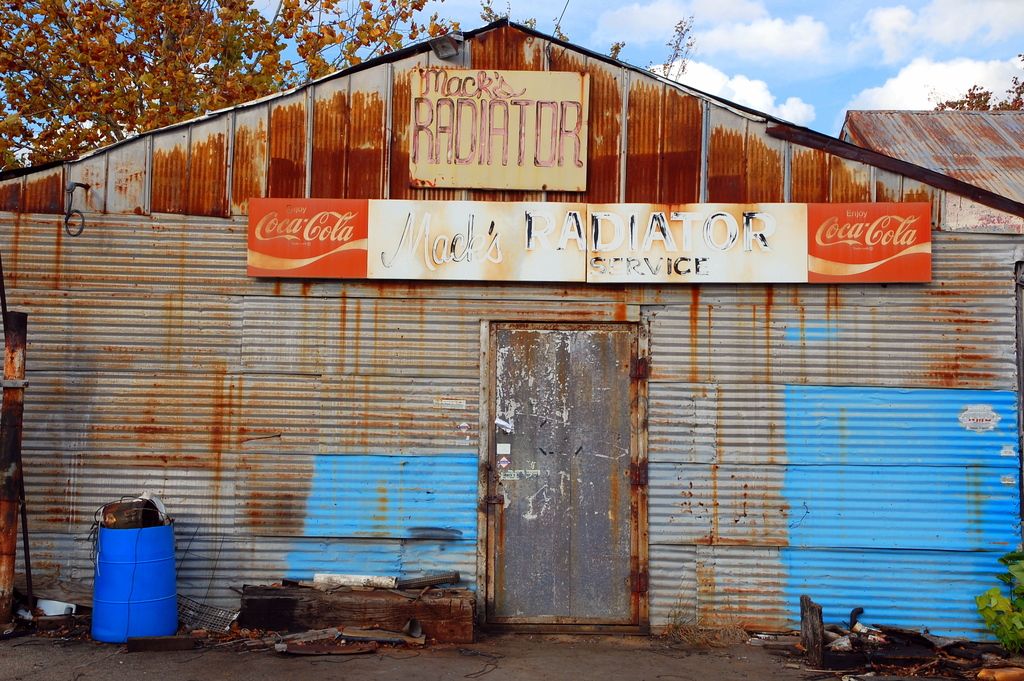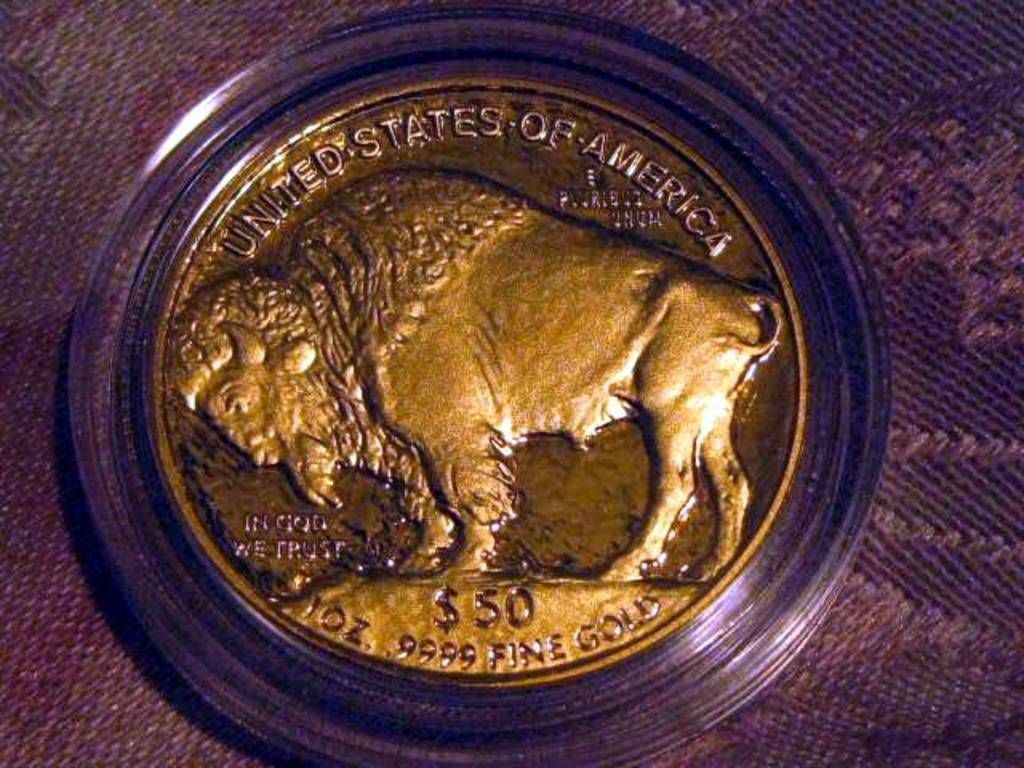Influence of France in Russia's Soft Underbelly
Revised Article:
France's got some pretty sweet perks, like permanent membership in the UN Security Council, nuclear weapons, and a beefed-up army in the EU. But these advantages are balanced by a colorful mix of problems and missteps over the past few years. France's economy relies heavily on imported natural resources and has lost influence in its former colonies - major issues indeed. Let's talk about France, and, yes, the powers that be in the Fifth Republic puts in a ton of effort to maintain and bolster their positions, including in areas that aren't top priority.
For instance, French diplomacy has clearly set its sights on Middle Asia, which isn't just interested in European attention and investments, but also boasts a whole bunch of valuable export products, such as uranium, suddenly in high demand for France's atomic energy sector.
Back in late 2023, the dude living in the Élysée Palace, Emmanuel Macron himself, took a personal trip to Kazakhstan and Uzbekistan. Since then, trade dynamics have only grown, and partners for new projects are already rushing to Paris for a return visit.
In 2024, Kazakhstan's president, Kassym-Jomart Tokayev, came to France. He noted that "Middle powers like Kazakhstan should use their opportunities to promote multi-lateral dialogue and ensure global and regional stability... Astana is counting on cooperation with Paris, which has undeniable authority on the international stage and a wealth of diplomatic experience".
Only those with a paid subscription can read the full articles from the printed edition of the magazine.
A free subscription for the first month gives access only to articles from issues coming out during that month. If you want full access to the archive, sign up for any online access with rubles.
Price: 150 ₽
Other Subscription Options:I'm a subscriber
In May 2025, the Kazakh-French Investment Forum in Astana resulted in 15 new agreements, including memorandums and contracts across key sectors such as energy, tourism, healthcare, and water resource management. This event underscored the multifaceted nature of their cooperation[1].
During the forum and concurrent Astana International Forum, French Minister Delegate for Foreign Trade Laurent Saint-Martin visited Kazakhstan to strengthen ties and promote diversification of economic cooperation. He highlighted Kazakhstan's importance as France's primary economic partner in Middle Asia, accounting for 85% of France's trade with the region[2][3].
Bilateral trade between the two nations soared by 31% in 2024, reaching a record $5.5 billion, with Kazakhstan exporting $3.6 billion worth of goods to France and importing $1.9 billion. French investment in Kazakhstan totals nearly $20 billion, with over 200 French companies operating there. This makes France one of the top three EU investors in Kazakhstan and Kazakhstan France's leading economic partner in Middle Asia[1][4].
The relationship is supported at the highest political levels. Presidents of both countries have met annually since 2022, signifying a shared vision focused on diversifying partnerships and deepening economic ties[3].
For France, Kazakhstan represents a key strategic partner to expand economic influence in Middle Asia, promote industrial development, job creation, and support innovative and sustainable growth in the region[2][3].
In summary, France-Kazakhstan's diplomatic relationship in 2025 is marked by growing economic cooperation, reinforced political ties, and strategic significance as a bridge between Europe and Middle Asia. Their partnership propels mutual interests in economic diversification, sustainable development, and regional influence within Middle Asia[1][2][3][4].
- The expansion of France's atomic energy sector is driven by the abundance of uranium exports from Middle Asian countries, signifying a significant intersection between France's finance and energy industries.
- In the realm of general news and politics, the strategic partnership between France and Kazakhstan is not just limited to trade and investments but extends to promoting multilateral dialogue and ensuring global stability, as acknowledged by Kazakhstan's President Kassym-Jomart Tokayev.




